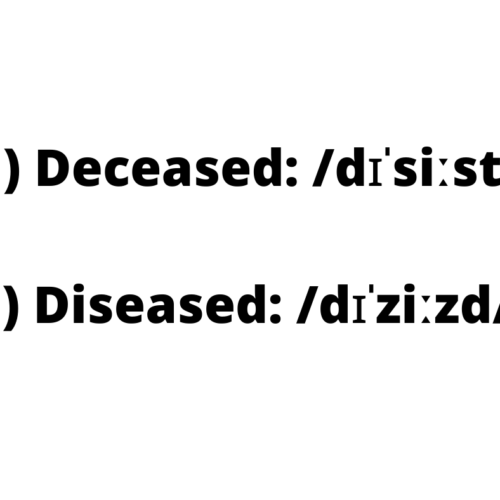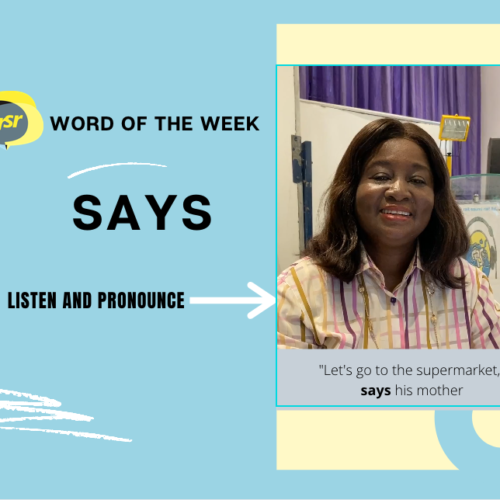Much ‘Ado About English Accents
What’s all the fuss about an English accent, you might wonder? Well, imagine the frustration trying to land a job with a multinational, or let’s say you’ve moved overseas. You’re struggling to fit in because the locals can’t understand you. “But it’s the same English!” you insist.
Your accent is a barrier—its rhythm, intonation, pronunciation. Everywhere, you’re asked to repeat yourself, to slow down, fueling your frustration with each repeated encounter.
Certain English accents come with preconceived notions of intelligence, social status, and even trustworthiness. That may work for or against you in social and professional settings, depending on the biases of the listener. Understanding and adapting to this can be crucial for effective communication and integration in a new environment.
An article in the Washington Post, revealed that while the late Chadwick Boseman, who played the Black Panther, battled cancer, he also fought to ensure the Africanness of the Black Panther’s origins were not diluted or westernized.
The article quoted how Marvel had thought the accents would be “too much”.
Adapting English Accents
At Spi:k Rait, we’ve had a number of prospects and students initially fear losing their native accents after our training programmes. This isn’t necessary. Boseman worked with a dialect coach to achieve the Xhosa accent without losing his American accent. You might argue he’s an actor, and switching accents is part of his job for certain roles.
Did you struggle to understand the dialogues in Black Panther (those between the Wakandans), despite the accent?
Like Boseman, some individuals invest in accent training to enhance their appeal to potential employers and clients. This doesn’t mean abandoning your native accent entirely, but learning to modulate it in certain professional and social contexts.
The current Olu of Warri, Ogiame Atuwatse III, formerly known as Omoba Utieyinoritsetsola Emiko, speaks eloquently in his BBC Pidgin interview (watch below).
One may view this as a tool to develop strategic relationships with international communities, which will help to foster economic growth and development in the Itsekiri Kingdom and the Niger Delta as a whole.
View this post on Instagram
So, do you see that learning to speak with an English accent does not mean discarding one’s cultural identity? You need to strive for clarity in any language. English, like many other languages has its own intonation, stress, and rhythm patterns that convey meaning.
As long as you convey your message clearly and the listener understands, you are communicating effectively.
Otherwise, you might end up with a Steve Harvey situation like the video below.
Sign up for any of our programmes here and let’s help you learn to communicate effectively using the English language.



